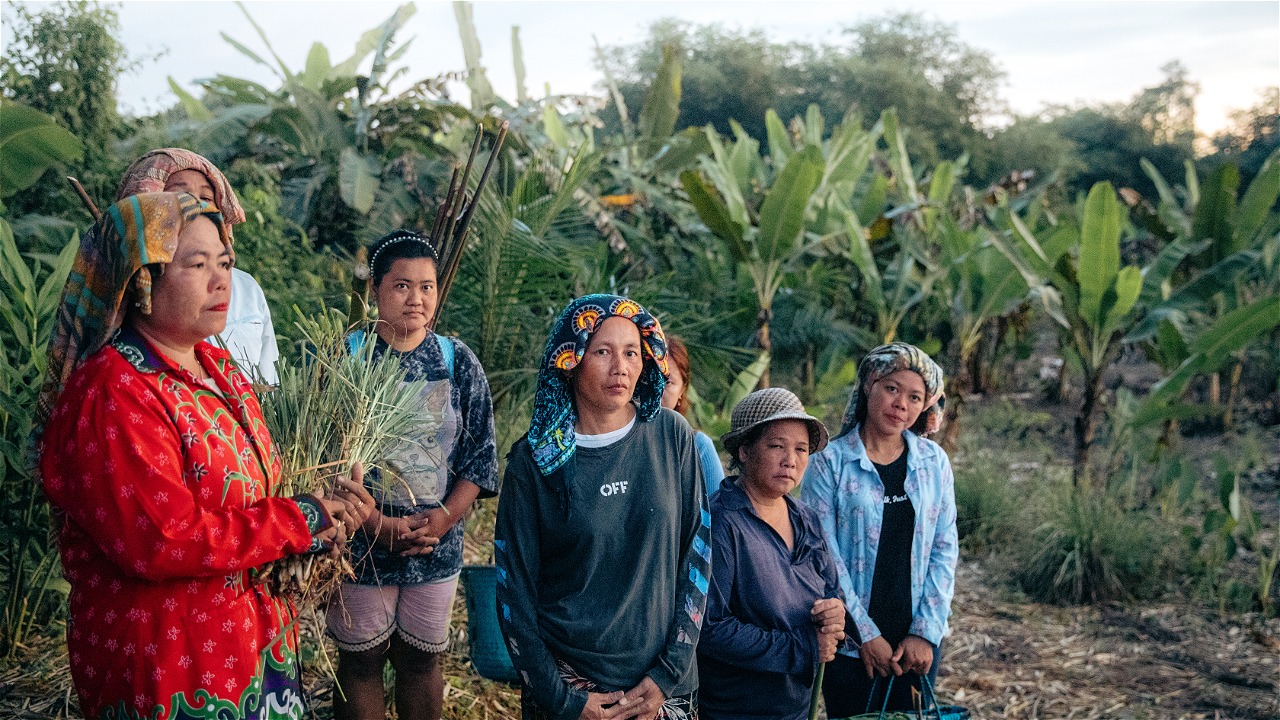WOMEN, THEIR ROLES AND LOCAL WISDOM IN FOOD SECURITY AND SOVEREIGNTY
By: Cristina Eghenter
Women are a very important part of life in general. Women are also the 'ecological hosts' as defined by some experts and activists. Women have a very important role in maintaining food security and processing natural resources. Women's involvement in decision-making related to conservation and environmental sustainability is urgently needed.
Women are, among others, farmers, collectors and processors of natural resources, sellers and traders, cooks and organizers of household life. Decision-making related to resource utilization and food availability is often in the hands of women who also keep the family economically prosperous.
In the sustainable development agenda, the role of women is recognized in agricultural activities, safeguarding agricultural resources, and promoting sustainable agricultural practices. When women are included in decision-making, a better future for future generations, both human and natural, will be realized.
Women are the pillars of small-scale or subsistence agriculture; from production, distribution, to consumption. This production model, which involves women as controllers, will not only ensure food security and good quality nutrition are maintained, but also the sustainable management of natural resources will be implemented. In this case, women have a significant contribution in maintaining food security and environmental sustainability through their knowledge and involvement.
The 'diversity' and 'locality' of plants and other germplasm is a way to build resilience in overcoming the climate and environmental crises that occur. The role of women's knowledge is important in protecting such diversity. A rich biodiversity of local food sources can retain beneficial traits if environmental conditions change. This is the gift of plants that we need to sustain and protect sovereign food sources.
Traditional knowledge related to agriculture and utilization of food resources owned by women can make women become innovators in sustainable agriculture. However, it is often the case that women are rarely involved by policy makers to discuss agriculture and are not recognized as productive farmers. Efforts to ensure food security are often focused on increasing production, even though there are things beyond production that are equally important where women's roles are very important there, such as education, health, and nutritional quality.
Commitment and collective action to share experiences, traditional wisdom knowledge that women have needs to be done as an effective and financially supported community strengthening effort, with organizations, women farmer schools, markets for women and local food, and others.
This World Women's Day can be an important momentum that provides opportunities for women to be empowered as those who play an important role in food production and efforts to improve nutrition. Not only that, this is a moment to voice the aspirations and welfare of women. It is time for women to be actively involved in maintaining food security and to be part of the world's solution for the transformation of production and consumption towards environmental, economic and social sustainability.




